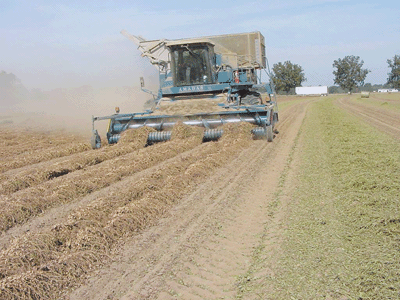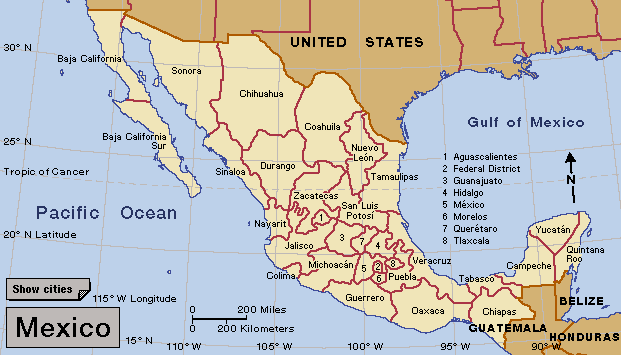Congress Passes a Farm Bill After Years of Rangling
Wednesday, February 5th, 2014February 5, 2014
The U.S. Senate, in a rare bipartisan vote of 68 to 32, yesterday passed the long-stalled farm bill, which represents nearly $1 trillion in spending over the next 10 years. Critics note that the legislation clearly favors the producers of food–both family farmers and corporate agribusiness–over the nation’s poor. The bill cut $8 billion from the food stamp program over the next 10 years, while expanding crop insurance and other benefits for agribusiness. These include new subsidies for rice and peanut growers and a host of other benefits for such food-related interests as the catfish and sugar industries.
The bill does, however, require beef, lamb, and poultry producers to stamp their products with the country of origin, a provision much fought for by consumer groups. The farm bill also eliminates a much-maligned $5 billion-a-year crop subsidy to farmers who received the payments whether they grew crops or not. “Instead of getting a government check even in good times, farmers will pay an insurance bill every year and will only receive support from that insurance in years when they take a loss,” stated the bill’s author, Senator Debbie Stabenow (D., Michigan), chair of the Senate Agriculture Committee.

The 2014 Farm Bill provides subsidies for peanut farmers, among other food producers. (U.S. Department of Agriculture)
Speaking to the media after the bill’s passage, Stabenow pointed out that the food stamp cuts affect only 4 percent of recipients and do not remove anyone from program rolls. However, anti-hunger advocates claim that some 1.7 million people will lose an average of $90 per month in benefits because of the cuts.
Political experts describe the cuts to the food stamp program as a major victory for Republicans. In July 2013, House Republicans attempted to remove all food stamp funding from the farm bill. In September, they drafted legislation that slashed $40 billion from the program. After months of negotiations with the Democrat-controlled Senate, the House finally passed a farm bill on Jan. 29, 2014, that contained the compromise $8 billion in reductions.
Additional World Book articles:
- Agriculture, Department of
- Consumer Federation of America
- Congress of the United States 2012 (a Back in Time article)
- Food and Drug Safety and the FDA (a special report)



